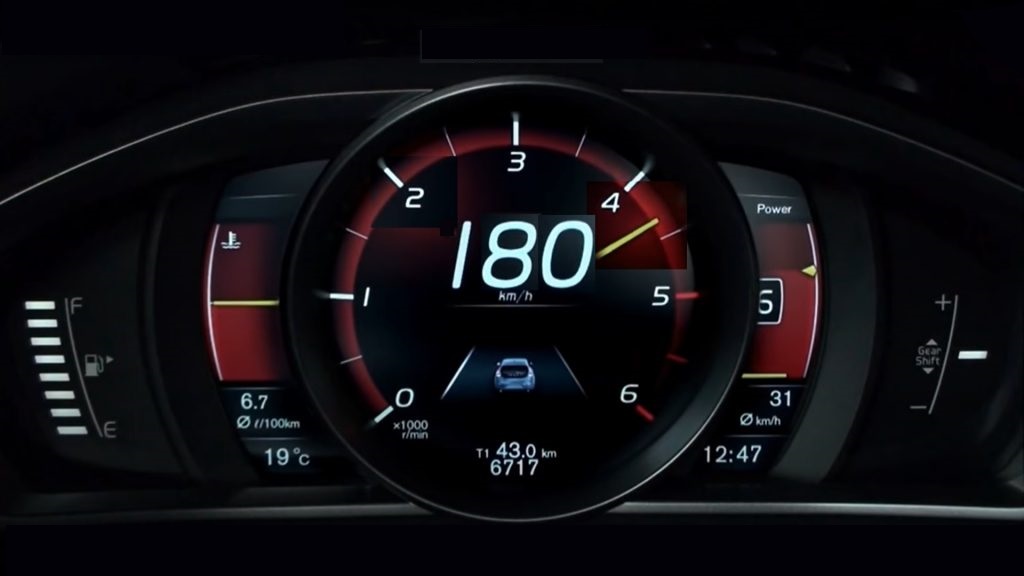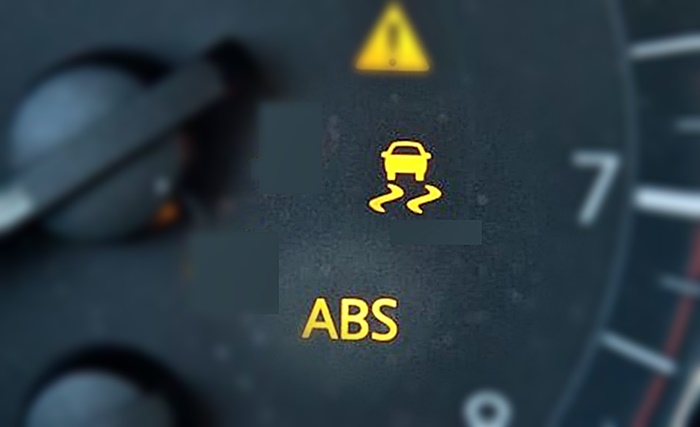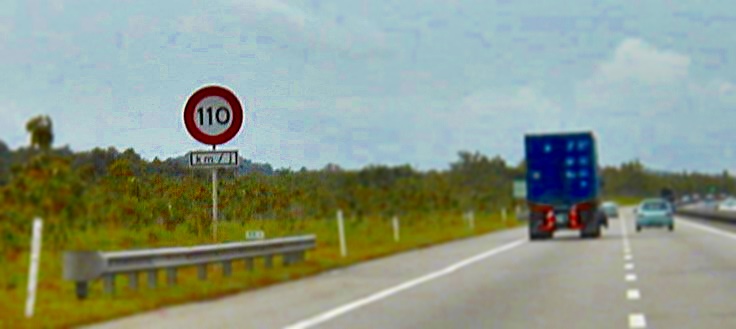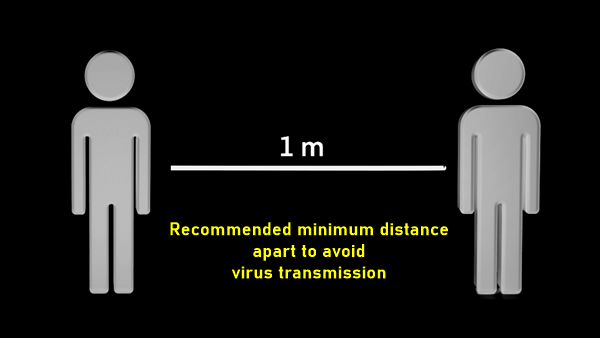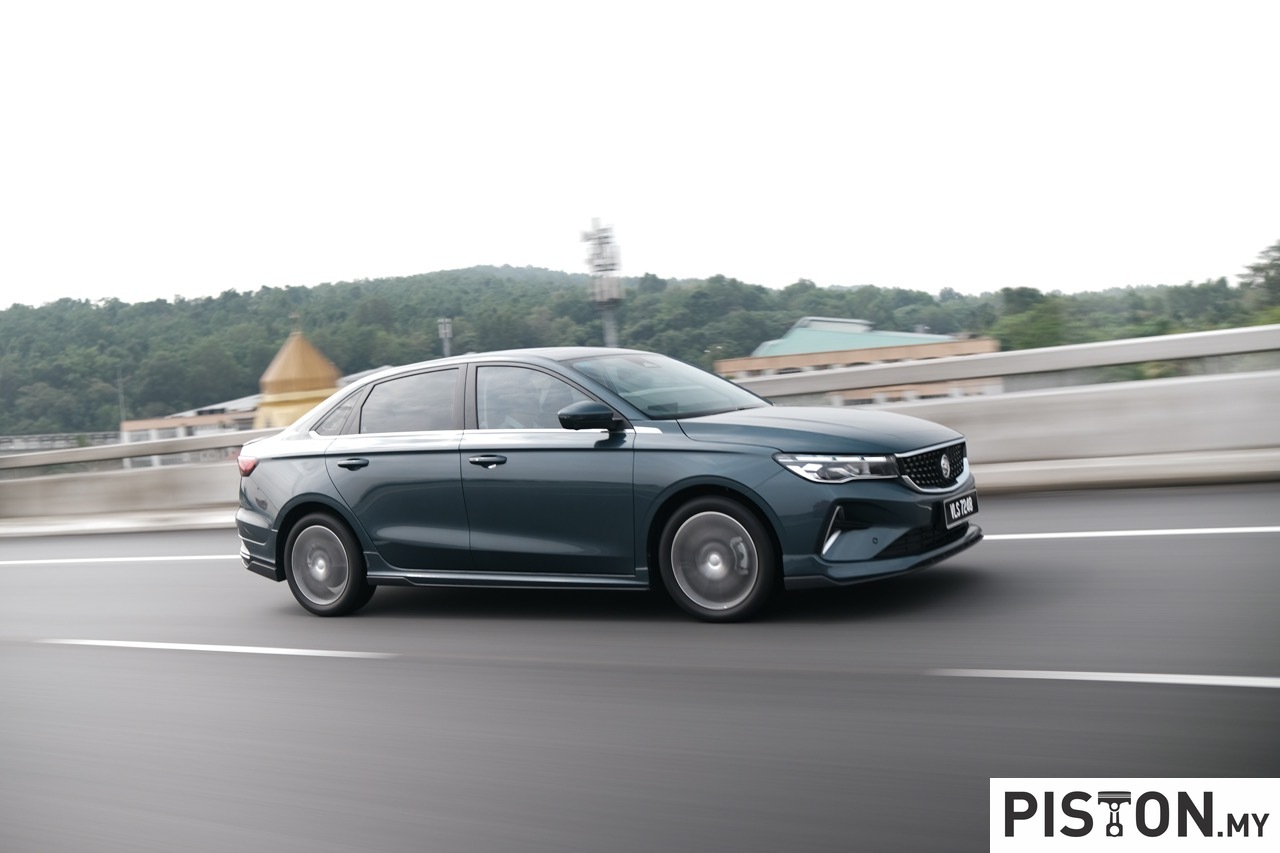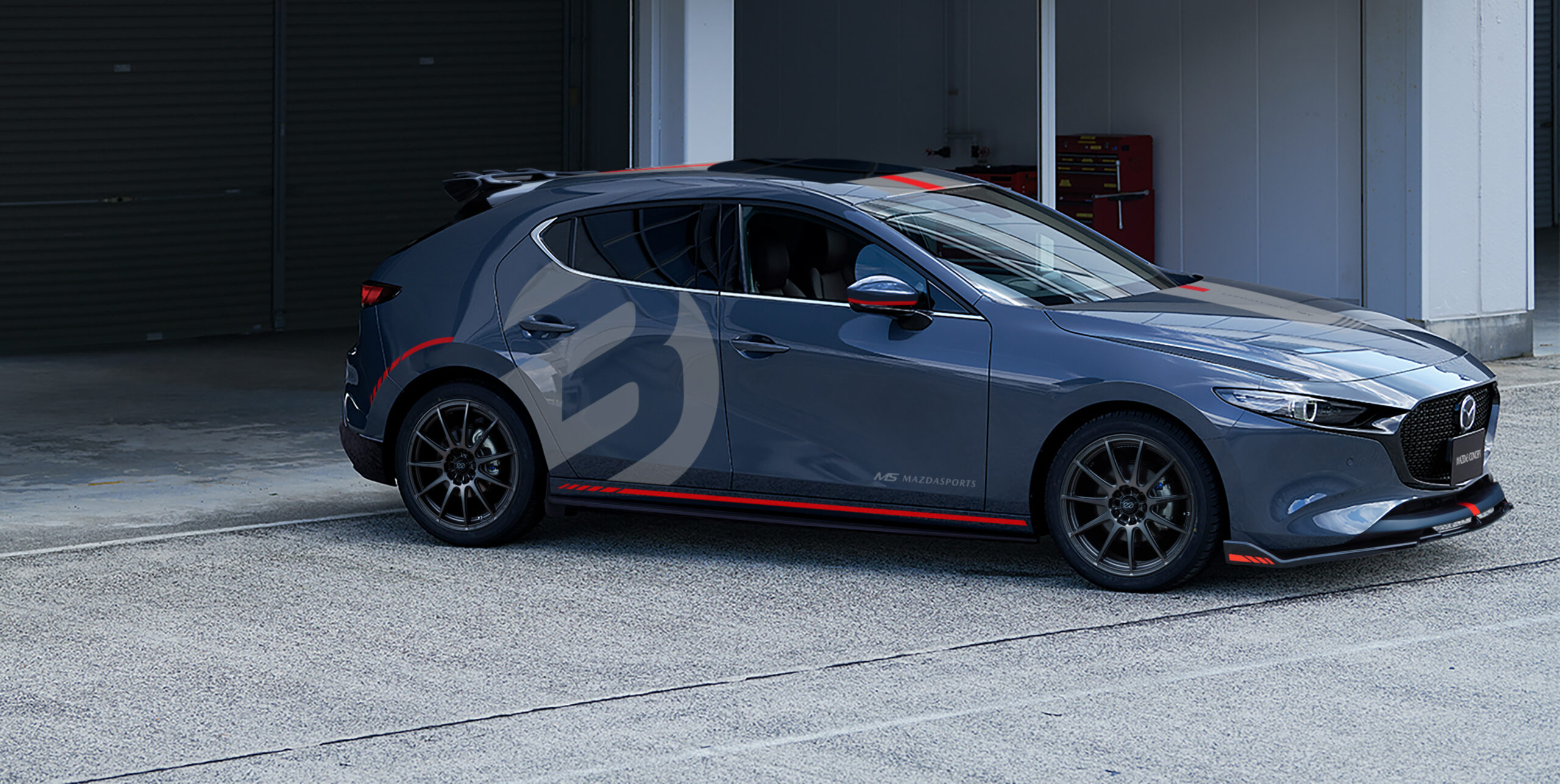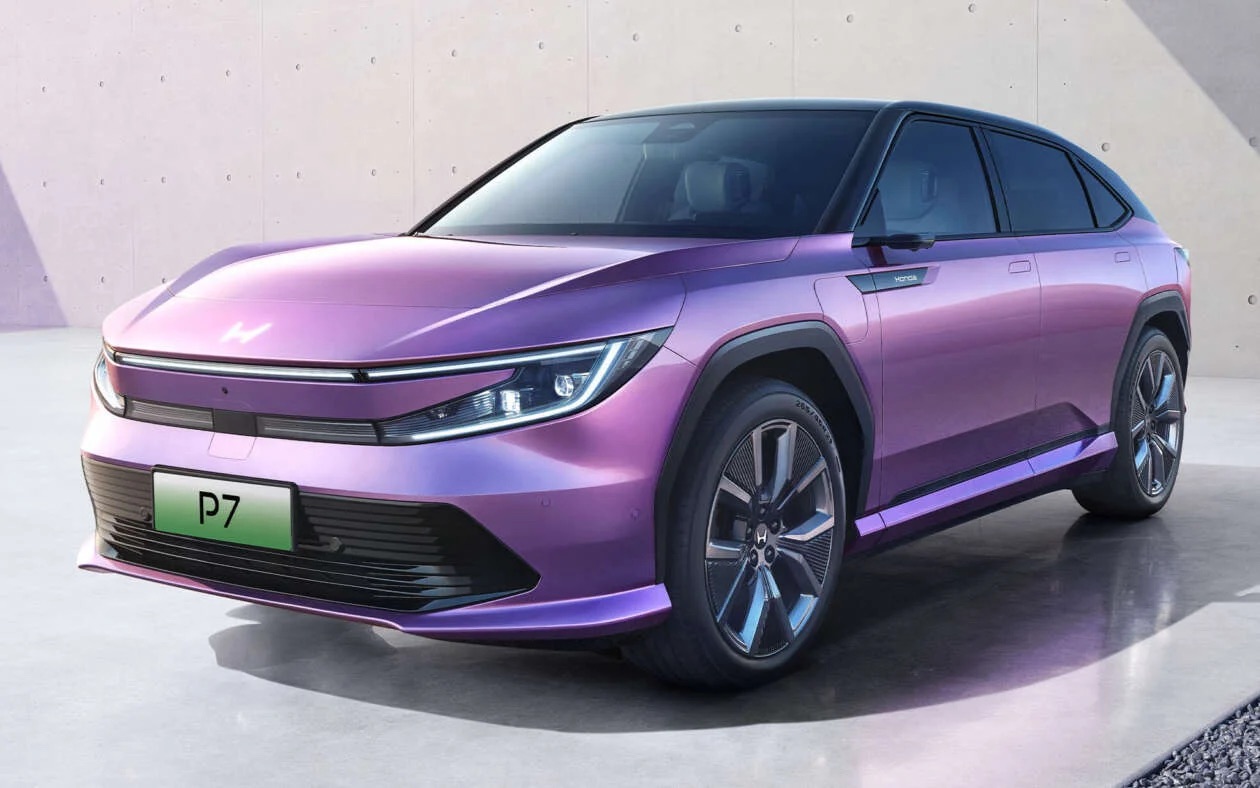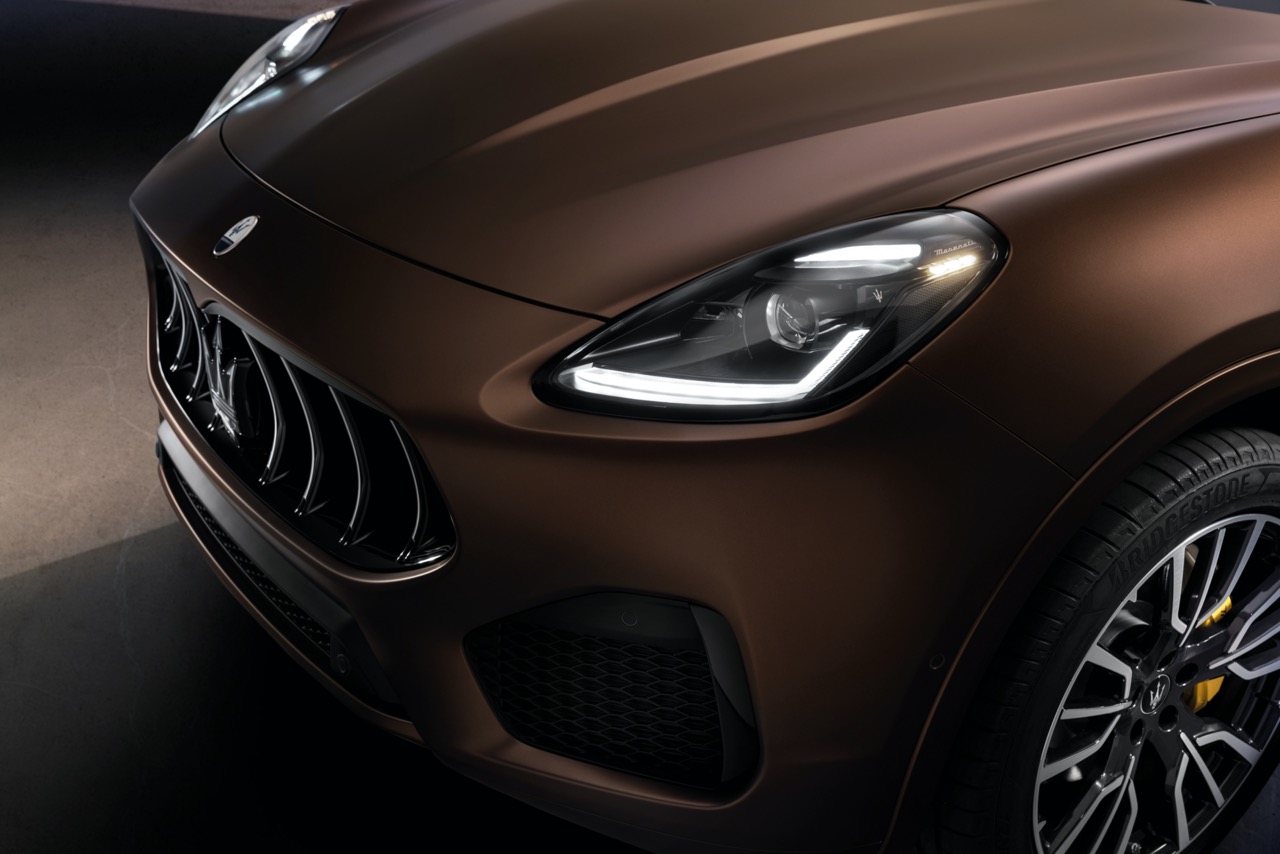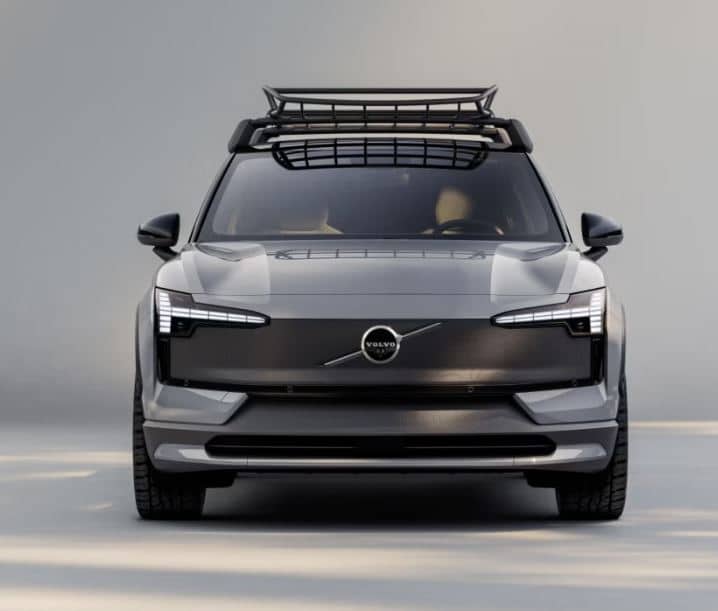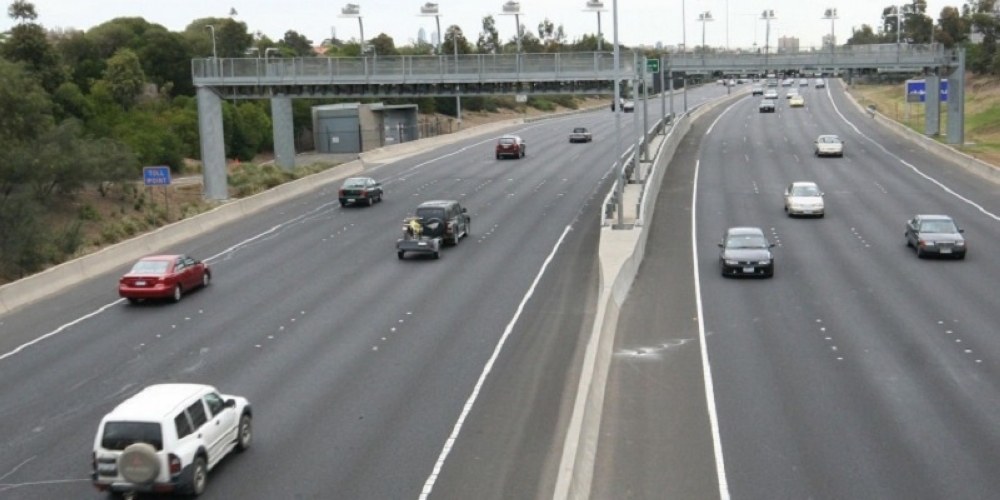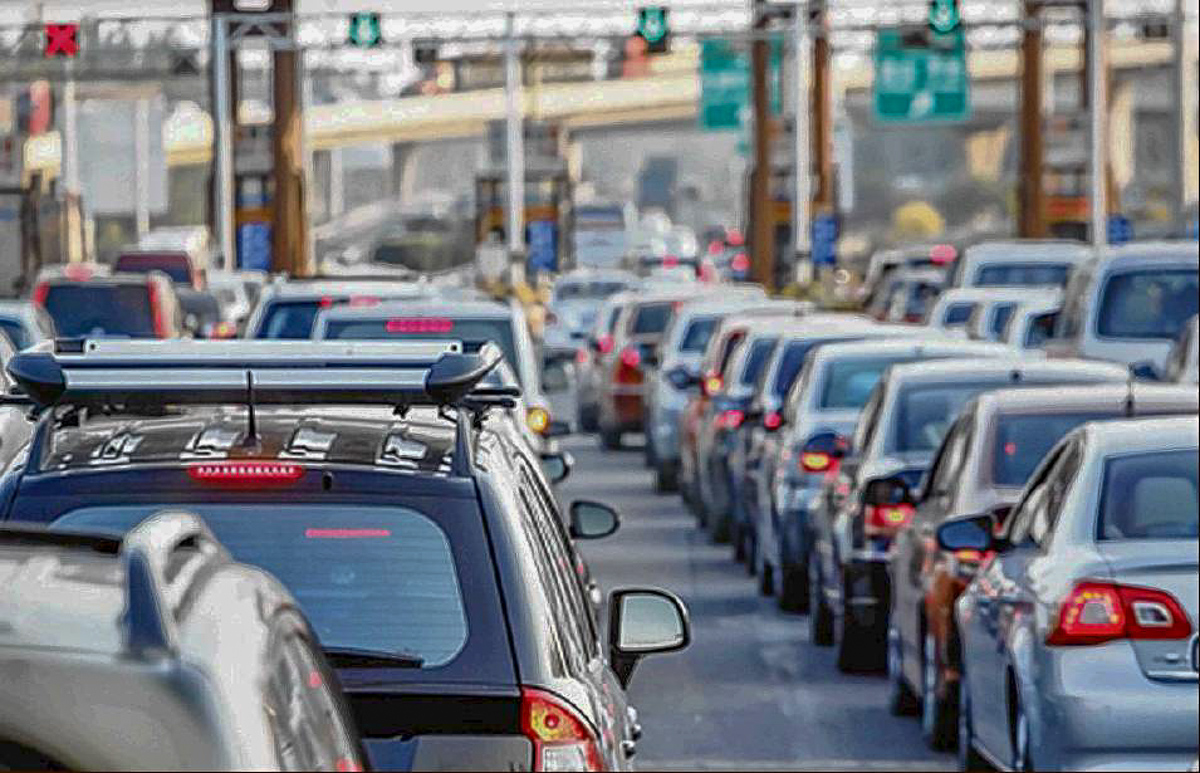Volvo’s reputation for safety has been built up over decades to the extent that it is recognised as a pioneer in the field. It therefore has a lot of credibility with its actions, even if they may be controversial. Like the announcement that it will limit all its vehicles to a maximum speed of 180 km/h which was made last year.
That decision has now been executed with the company saying it will have a maximum speed of 180 km/h for every new model from now on. The limitation is said to go beyond regulation and legislation to help close the remaining gap to zero serious injuries and fatalities in traffic.
“We believe that a carmaker has a responsibility to help improve traffic safety,” said Malin Ekholm, Head of the Volvo Cars Safety Centre. “Our speed-limiting technology, and the dialogue that it initiated, fits that thinking. The speed cap helps people reflect and realise that speeding is dangerous, while also providing extra peace of mind and supporting better driver behaviour.”
Some question whether a carmaker – rather than authorities – has the right to impose speed limits. The answer would be ‘yes’ as the cars are products bearing their brand name and they can take action that can ultimately save lives. Perhaps this means losing potential customers but that’s a decision the company has to make itself.
In Volvo’s case, apart from the direct effect of lower maximum speeds reducing fatalities in accidents, the carmaker has already identified that the problem with speeding is that above certain speeds, in-car safety technology and smart infrastructure design are no longer enough to avoid severe injuries and fatalities in the event of an accident.
The laws of physics still remain as a car travels along a road. Tyres may have better grip but at some point, that grip will still be lost if the speed is too high. Same with active safety systems like electronic stability control; at excessively high speeds, the systems will not be able to act fast enough to prevent the car from spinning out of control.
Incidentally, regarding speed limits, Volvo is believed to have purposely set the speedometer reading on some of its powerful models (like the 850 T5R) to ‘over-read’. This was mentioned to this writer by a Volvo engineer in the 1980s and the explanation was to help drivers avoid a speeding ticket.
Actually, limiting top speeds is not a new idea as sometime in the 1970s, some German carmakers agreed to set a limit of 250 km/h for their cars, even if the actual maximum speed was higher. The ‘gentleman’s agreement’ was an understanding which was partly to avoid forcing the German government to set speed limits on the Autobahn, which has many sections that are speed limit-free. It was to demonstrate a position of responsibility on the part of the carmakers in addressing the issue of safety.
However, by 2005, there was an inclination to stop the ‘informal’ agreement and while 250 km/h was still a limit for some models, high-performance versions went beyond that. Perhaps the belief was that people who buy high-performance cars – which are not cheap – will either not go too fast because they don’t want to crash or they would be skilled drivers.
In any case, there are few places in the civilised world where you can drive without worrying about speed limits. Other than on the Autobahn, highways in almost all developed countries have speed limits, the maximum being 110 km/h or 120 km/h. Apparently, there is are two highways in Abu Dhabi which have a speed limit of 160 km/h – the highest in the world. Perhaps that’s why the police forces of Abu Dhabi (and Dubai) have supercars – including a Lykan hypercar (US$4.5 million!) – as patrol cars.
Volvo’s 180 km/h limit will apply to all its new models all over the world so those sold in Malaysia will be having them in due course. Unlike earlier speed-limiters which could be bypassed or removed, it is believed that Volvo will make sure that owners cannot do so. Anyway, the highest speed limit is 110 km/h so unless you choose to break the law, the fact that there is a speed limit imposed by Volvo is irrelevant for most people.
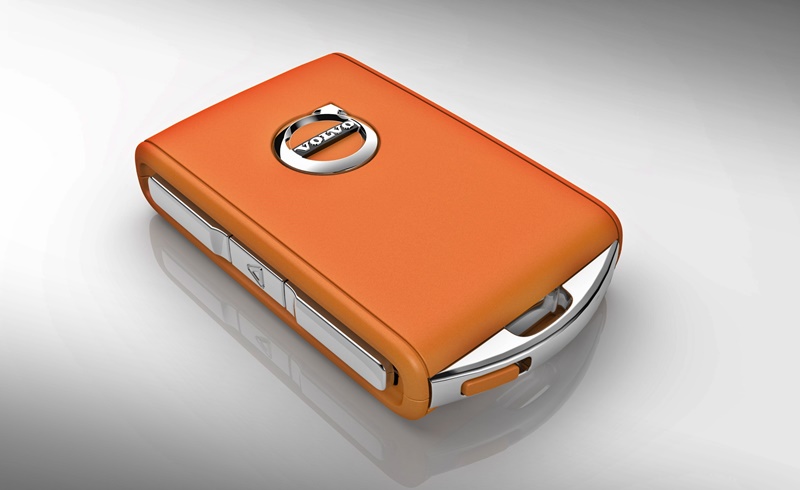
Apart from the speed limit, every Volvo will also come with a Care Key. This is a special key which allows drivers (or owners) to set additional limitations on the car’s top speed. Parents may want to do so when letting younger or inexperienced children use their cars.
This sounds similar to Ford’s MyKey technology which has been around for some time. The Ford system allows setting of the maximum speed limit as well as a seatbelt reminder and even control the volume of the audio system.
Volvo Cars working with China Unicom to develop 5G technology for automotive applications




